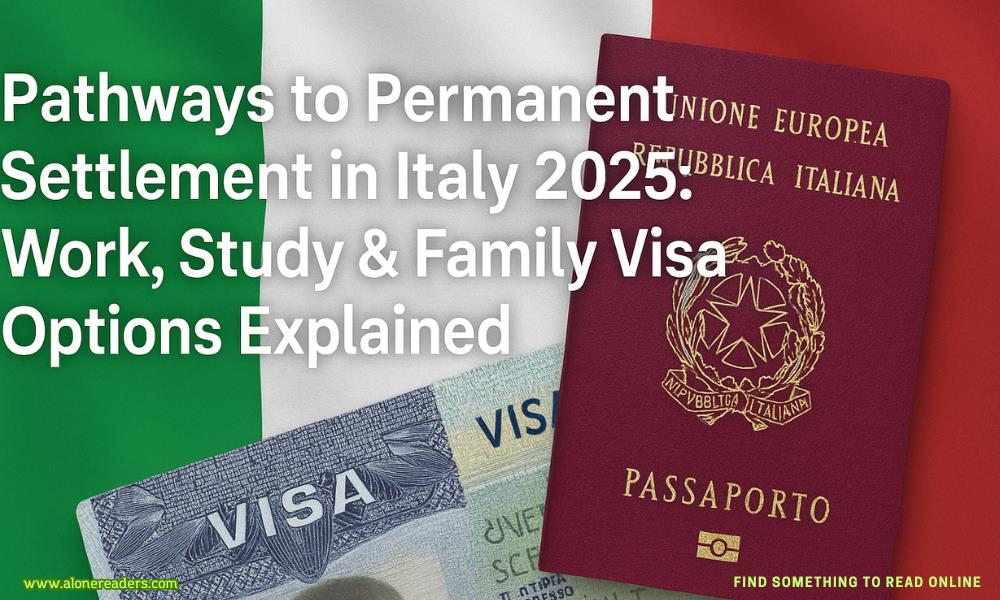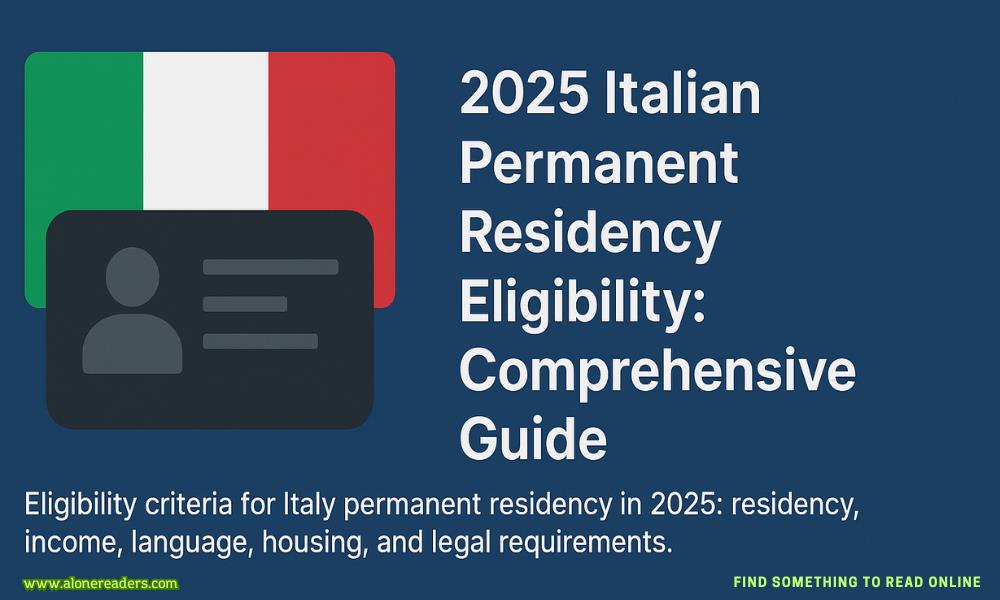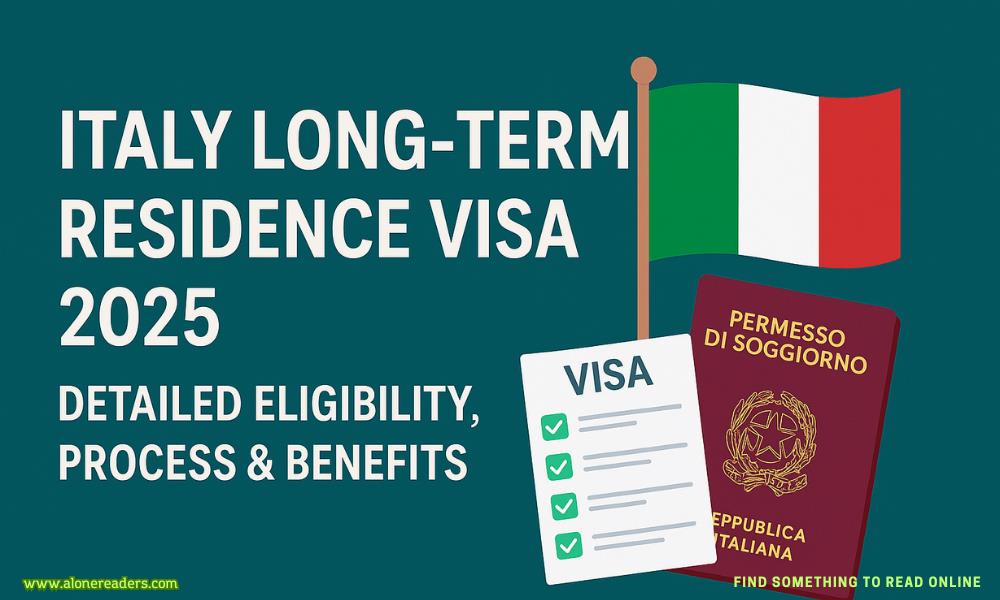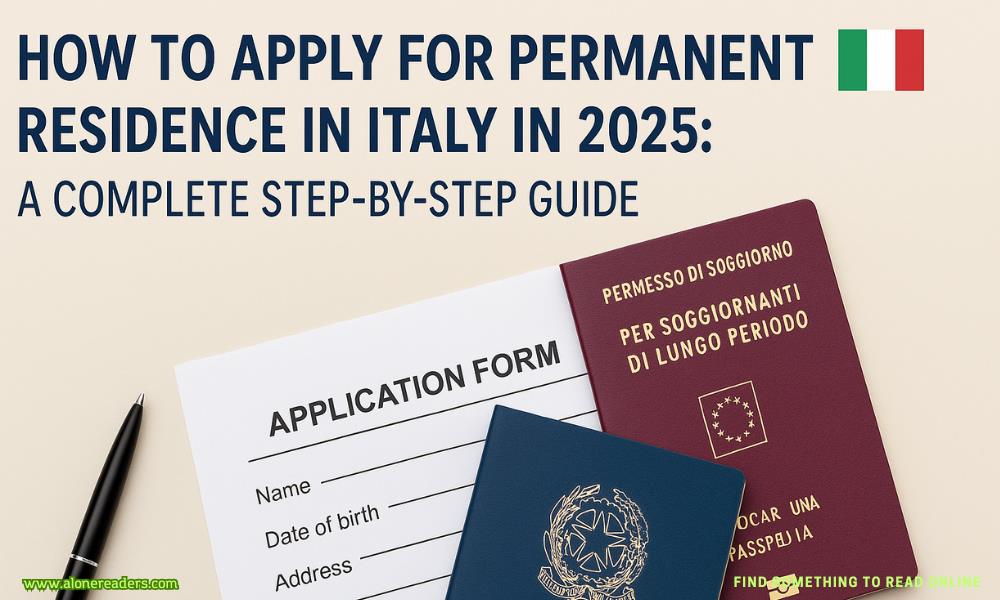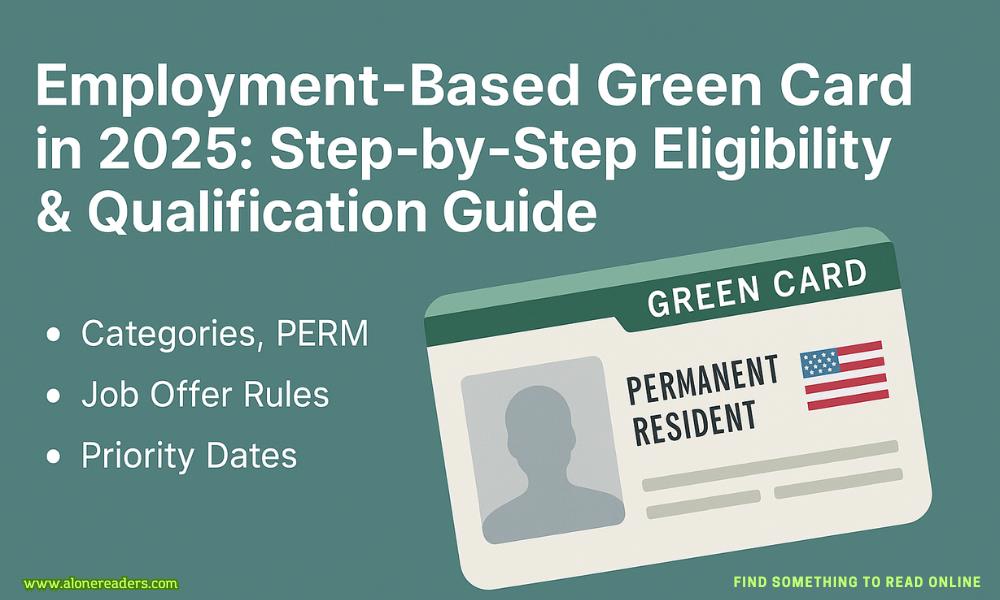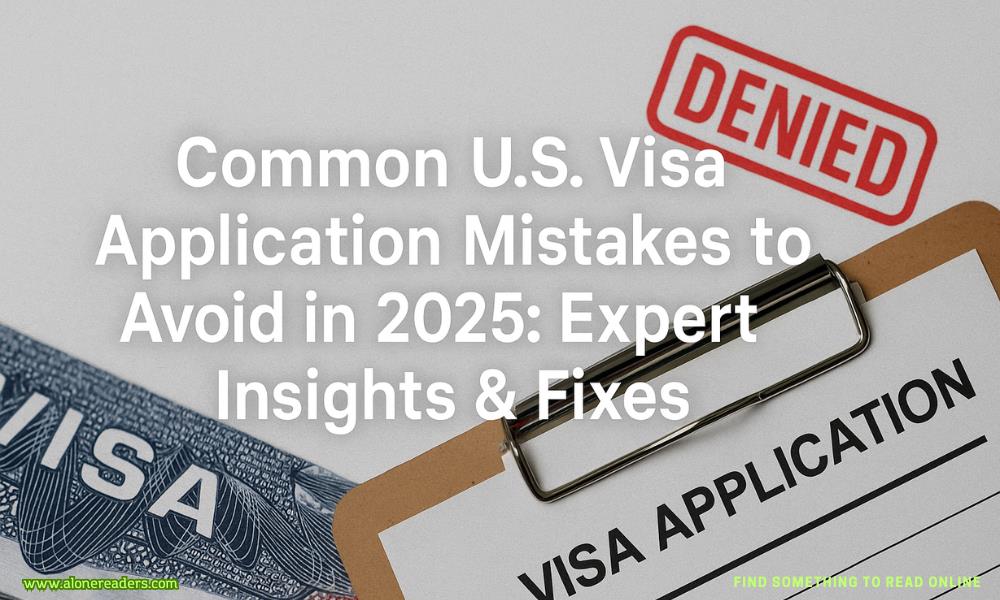Page 4 of Omega's Fire
“The data is clear,” I continue, settling into the familiar rhythm of my argument. “Prime matches show measurably better outcomes in every metric we’ve studied. Zero divorce rates. Greater reported life satisfaction. Better health outcomes. Much longer lifespans.” I pause, allowing the audience to absorb the information. “This isn’t my opinion. It’s fact.”
“Fact,” Glass echoes, leaning forward in his chair, “gathered by Bureau-funded studies.”
“Independently verified,” I counter. “The longitudinal studies from Northern University, for instance, had no Bureau affiliation when they began tracking match outcomes thirty years ago.”
“And yet,” Glass presses, “we’re talking about a system that tells citizens who they must bond with. Who they must marry. That’s significant government intrusion.”
A smattering of applause rises from one section of the audience. I resist the urge to glance in their direction.
“The Bureau doesn’t create compatibility,” I correct him. “It simply identifies it. The chemistry already exists. All we do is provide the introduction.”
“An introduction backed by legal consequences for non-compliance,” Glass points out. “Let’s be honest, refusing a high-percentage match comes with steep penalties.”
I shift slightly, recrossing my legs. “Those are protective measures, not punitive ones. Prime Match bonds have proven benefits. The Bureau’s role is to safeguard those outcomes.”
“For the common good?” Glass asks with a raised eyebrow.
“Precisely.”
Glass’s smile turns predatory. “I’ve always found it interesting how often ‘the common good’ requires individual freedoms to be curtailed.” He turns toward the camera. “We’ll be right back after these messages.”
As the commercial break begins, assistants dart onto the setwith water and makeup touch-ups.
Glass leans over, his on-air persona shifting slightly.
“Going well, I think,” he says conversationally. “After the break, I want to dig into the autonomy question more directly.”
I nod, downing water from the glass beside me. I’ve lost count of the number of live interviews I’ve done. I’m confident with my argument. I’ve made it a thousand times. Lectured on it another thousand. It’s the heat of the lights that I find uncomfortable and I don’t like drinking while the cameras are on. It makes me look like I’m buying time instead of answering the question.
The floor director counts us back in, and within seconds, the cameras are live again.
“Welcome back to Point of Contention,” Glass says. “We’re speaking with Dr. Nash Thorndike, evolutionary psychologist and Bureau advocate, about the controversial matching system that pairs alphas and omegas based on genetic and hormonal compatibility.”
He turns back to me. “Dr. Thorndike, let’s get personal for a moment. You’ve been registered with the Bureau since you were twenty-one, correct?”
“That’s right.”
“And yet, at thirty-three, you remain unmatched. Why is that? One might think the Bureau’s golden defender would be their ideal success story.”
The question is designed to unbalance me. Glass is going to come up with something better than that if he wants to get under my skin.
“I’ve received seventeen match notifications,” I reply evenly. “None reached Prime Match thresholds. Despite what my opponents think, both alphas and omegas are more than welcome to reject matches if they don’t deem them suitable. It’s only the prime matches where matching is so strongly encouraged. The day I get my prime match is the day I will nolonger be a bachelor.”
Glass raises his eyebrows. “Seventeen rejections? You sure you won’t reject the eighteenth?”
“It’ll depend on compatibility,” I say, “If my next match isn’t a prime one, then I’ll wait for the nineteenth or the twentieth or the hundredth. I believe in the system.”
A woman in the audience raises her hand, and Glass points to her. “Yes, go ahead.”
“But what if your perfect match doesn’t want you?” she asks, her voice clear in the studio. “What if your ninety-eight percenter looks you in the eye and says ‘no thanks’?”
The audience murmurs again. Glass looks pleased.
“An excellent question,” I say, addressing her directly. “I’d respect their initial hesitation while recognizing it for what it is—fear of the unknown. Most resistance comes from misunderstanding what the match truly means.”
“That sounds suspiciously like you’re saying they don’t know what’s good for them,” Glass interjects.
“Not at all,” I reply. I pause, choosing my words carefully. “The compatibility isn’t theoretical. It’s felt. And once felt, it’s not rejected. The Bureau’s own data shows that all reluctant matches report satisfaction within the first year,” I add, feeling the confidence that comes with indisputable statistics.
- Her Desert King by Marian Tee
- A Wife's Duty by Sam Crescent
- The Gift that Keeps On Giving by Jessa Kane
- Hard Hearts by Ella Goode
- Obsidian Devotion by Sylvia Rae
- Sold to the Single Daddies by Summer Haze
- Coast by Jessica Gadziala
- Jezebel's Liberation by Lacy Rose
- A Touch of Fate by Cora Reilly
- Relentless Knight by Lisa Cullen
- The Cheerleader by Jade Marshall
- With this Ring by Sierra Cartwright
- Axel by Kelly Finley
- Ice Cold Liar by Cynthia Eden
- Her Daddies' Everything by Laylah Roberts
- Bound By Lust by Rose Marie
